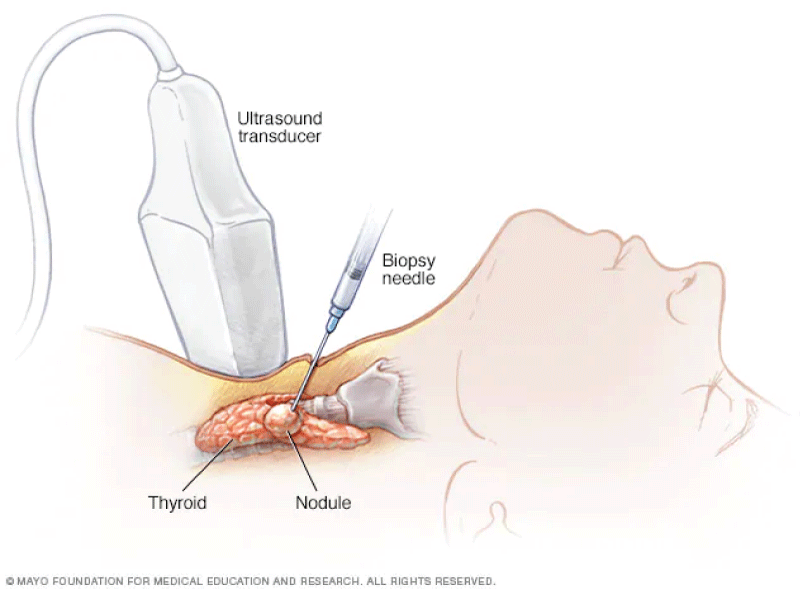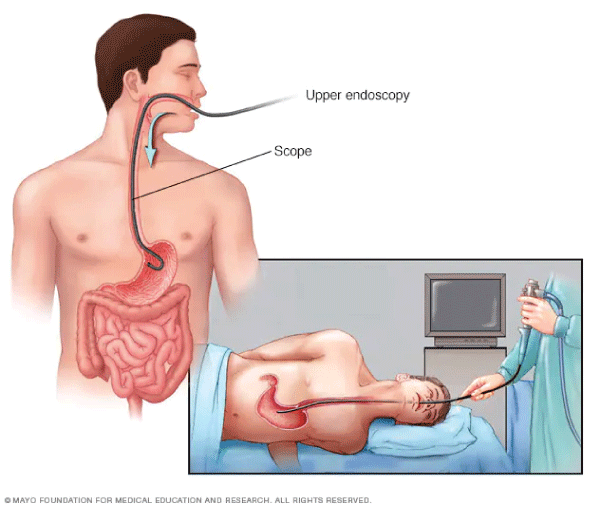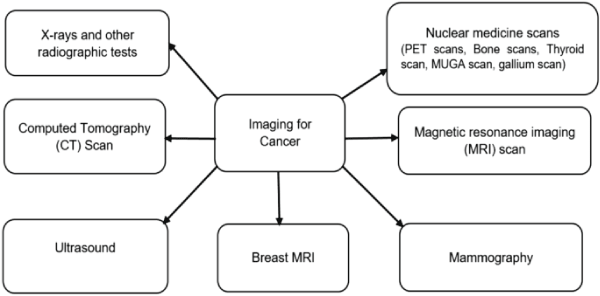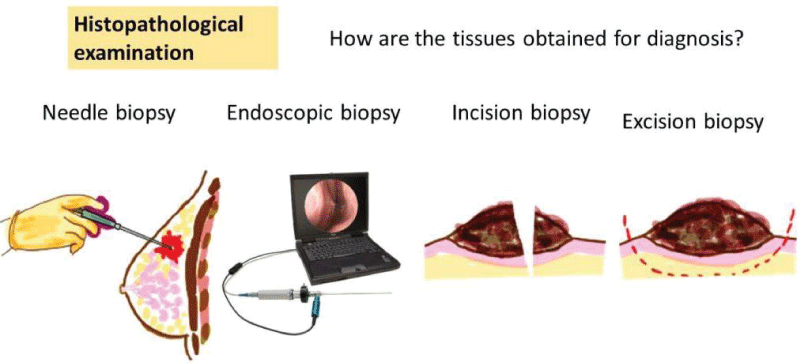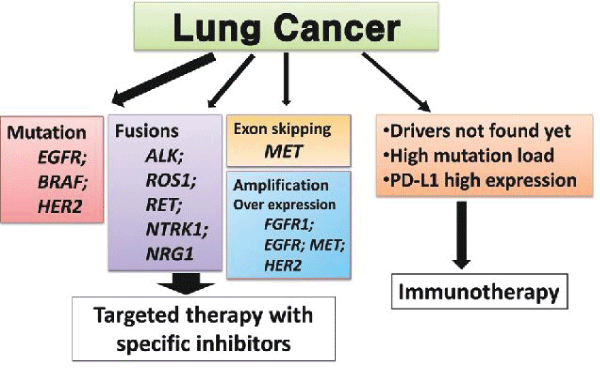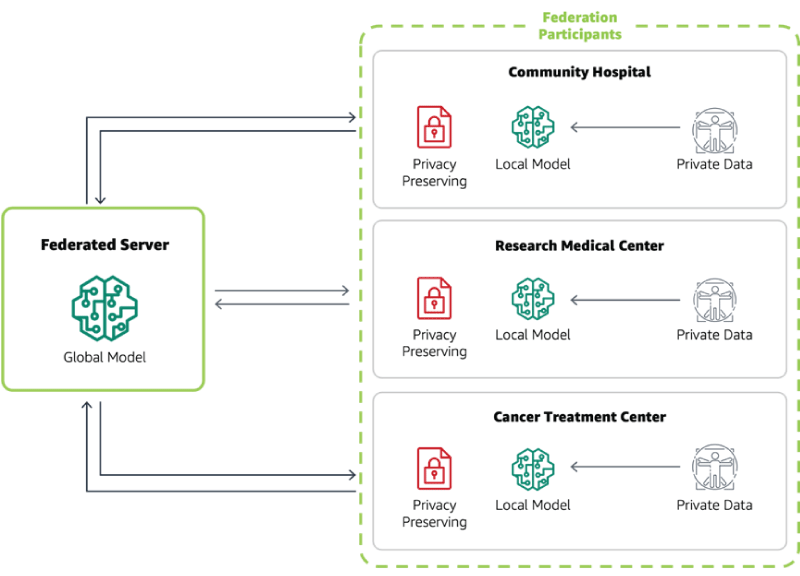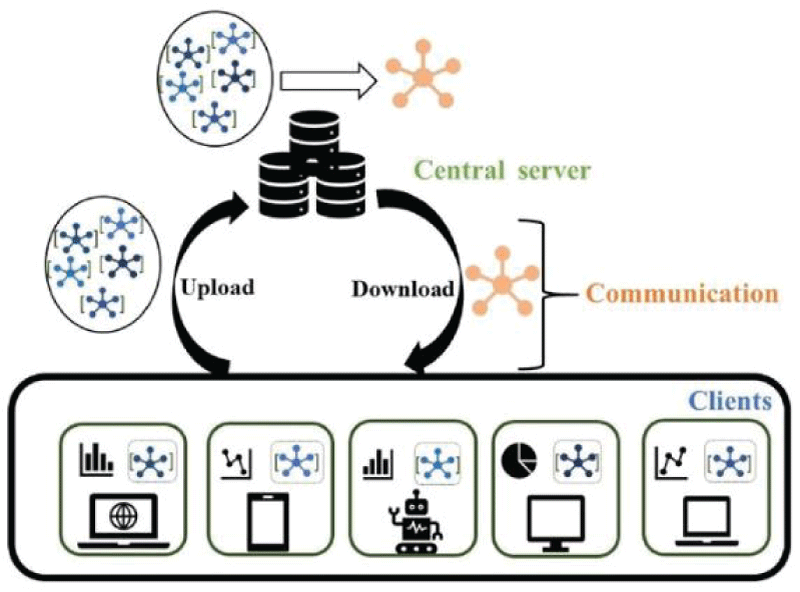Abstract
Federated learning (FL) has emerged as a promising approach for collaborative model training across multiple institutions without sharing sensitive patient data. In the context of cancer diagnosis and prognosis prediction, FL offers a potential solution to the challenges associated with data privacy and security. This paper reviews the application of FL in cancer diagnosis and prognosis prediction, highlighting its key benefits, limitations, and future research directions. We discuss the potential of FL to improve the accuracy and generalizability of predictive models by leveraging diverse and distributed datasets while preserving data privacy. Furthermore, we examine the technical and regulatory considerations associated with implementing FL in the healthcare domain. Finally, we identify opportunities for future research and development in FL for cancer diagnosis and prognosis prediction.




